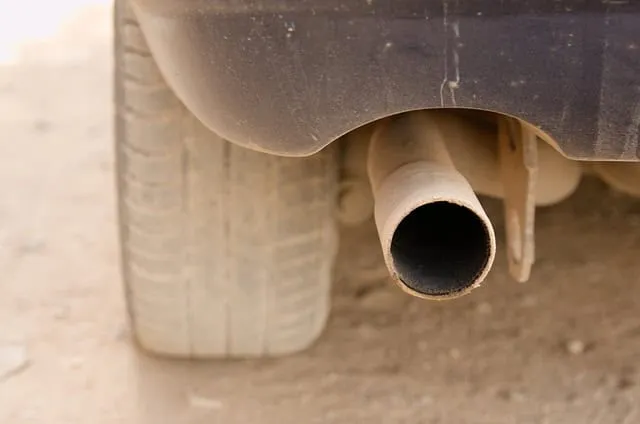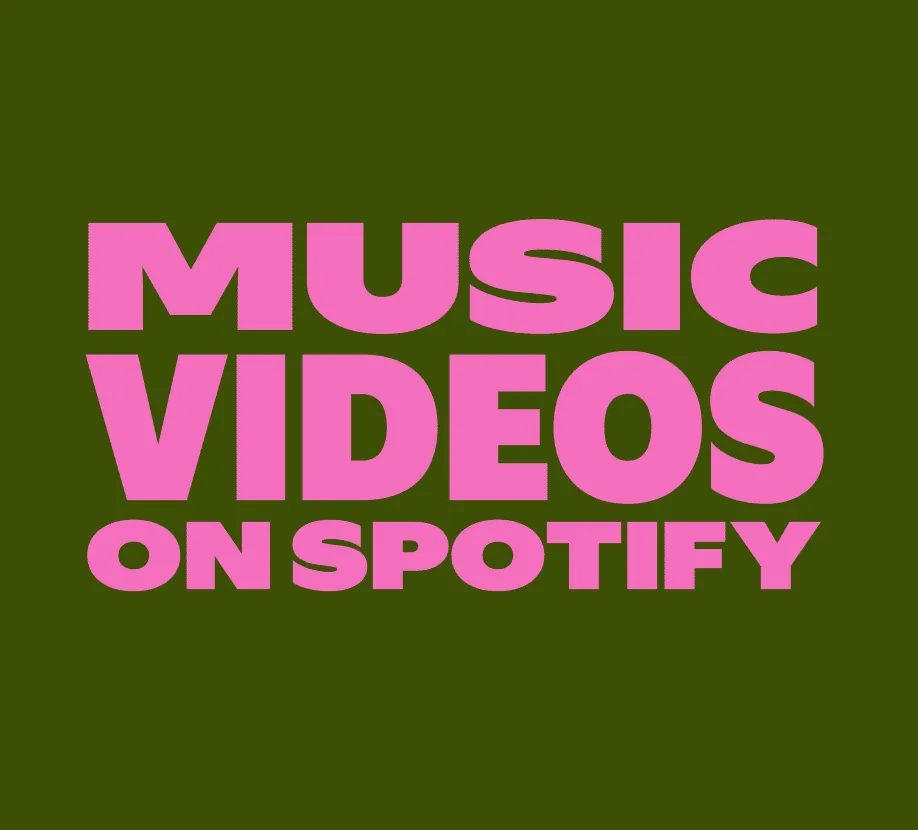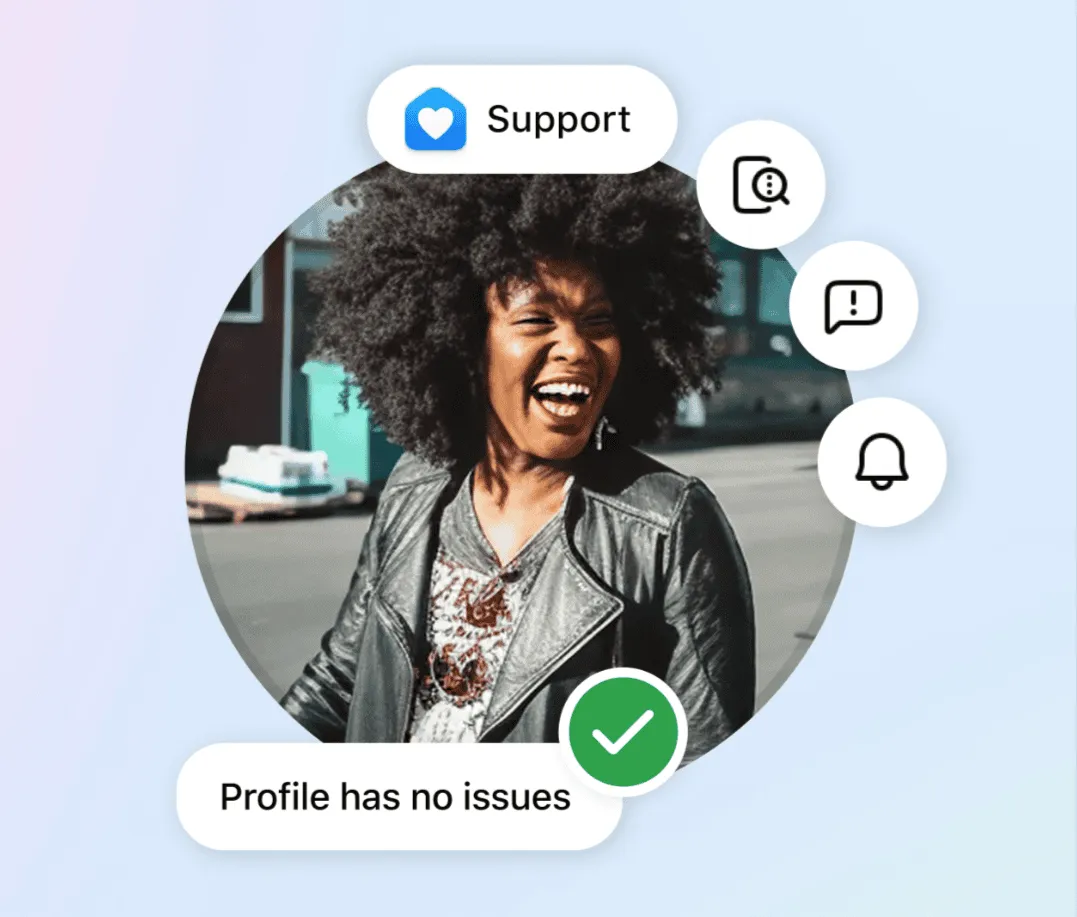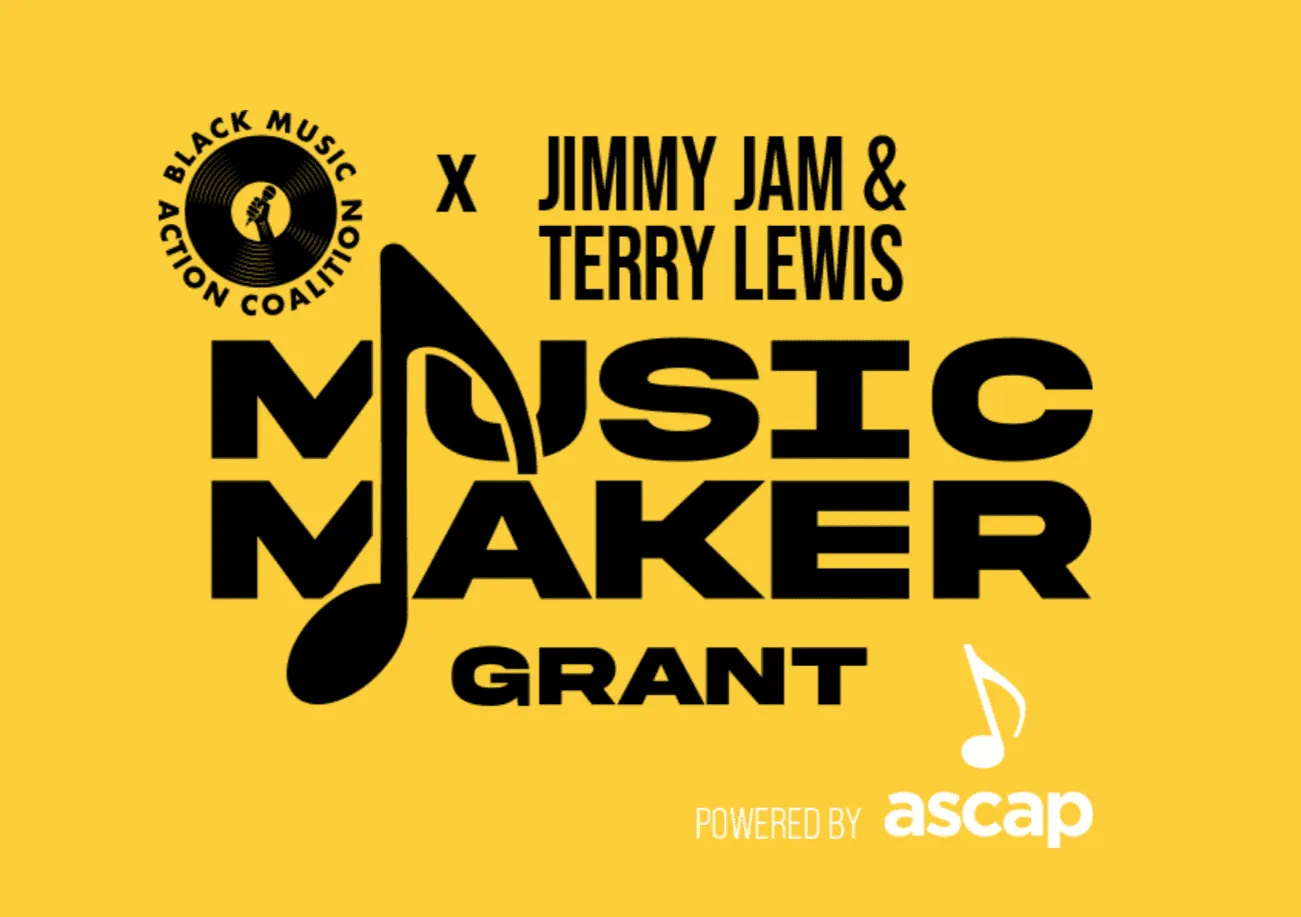A lot of parents shy away from having the sex talk with their kids because, subconsciously or not, they think talking about it will some how push them towards the activity. Not to mention that it can terrifying to broach the issue. The similarities to piracy are astounding. It seems that very few on the side of anti-piracy want to talk about the issue because they think in doing so it will somehow condone it. It won't. Not talking about it though, like not talking to your kids about sex, can have devastating effects. I think it's time for the "The Talk".
Piracy is usually a touchy subject for those involved, either in creating music or distributing it, because it hits close to home. There are pitfalls like slave labor, underage workers and shady practices that manufacturers and the retail business don't like to discuss, but bringing problems to light can only be good in the long run. I think it's time to talk about the different aspects of music piracy and to see if there aren't some lessons and observations that we can't take from it and turn them into positives.
Leaks: Release Dates
When an album becomes available before its release date, it's known as being leaked. Whether it's a few days before the street date or several months, pretty much every album gets leaked nowadays. Leaking is a problem, but contrary to what you might think, the problem isn't with someone breaking in, stealing the music and then spreading it online, it's in outdated thinking. Just like big budget movies that stake their claim on a weekend months or years in advance, albums are given a release date that hopefully result in the most sales possible. It makes sense to give an album every advantage you can, to plan it out, by making sure it's not being over shadowed by another release or that other factors aren't getting in the way, doesn't it? In the traditional sense, I'm not sure it does.
The people who download these leaked albums before they get released are actually some of the biggest music fans. The general consumer doesn't know the release date of most albums, they don't follow along closely enough to care whether a new song gets released this week or next, they just care how it sounds. Those that are passionate about music though, they care a lot about hearing music that they're excited for as soon as possible. This is why traditional release dates are outdated in the digital music era.
The model that would sew up a few loose ends would be to release an album digitally as soon as possible. Let me provide an example of this. A band spends 3 weeks in the studio recording, the album is mixed and mastered a few weeks later, and then one to two weeks after getting the finished album, it's put up for sale. Let's take a peek behind the curtain to look at some of the finer details that could make this plan work. As soon as the band is finished recording, or while, if they need more time, the artwork and album design can be worked on and decided. Then, before the album can leak, you put it up for sale to capture the most interested and passionate fan's money. These are the people who are going to be the most willing to buy your music, so why not make it available to buy before it becomes available for free. I've heard a lot of excuses that people just want to hear the music as soon as possible and so they illegally download it because they can't buy it yet. Another excuse people give is that they'll illegally download it now and then pay for it a month later when it officially comes out. While a few people might actually do this, most are on to the next album and have forgotten about their personal pledge.
Regarding this "ASAP" model, critics may mention that there isn't time for publicity, reviews, physical reproduction and distribution, and they're right, there's not. That's why it has a chance of working. All the time between when a record is finished and sitting there until when it goes on sale is dangerous time. The more people that get a copy for review or just perks of connections, are more chances for it to leak. You don't need lead time for reproduction or distribution, only as much time as it takes to get it on iTunes and/or BandCamp. What about promotion though? A week just isn't enough time to let people know you have a new album coming out right? That's what this is all about, catering to your biggest fans, people who keep tabs on the music scene, reading the music blogs. If the band sends out a tweet, a Facebook update and pings a few music sites, a week is tons of time. This is a good and productive way to curb a few eager pirates, making a few extra bucks in the process. There's just no reason not to do it. The album will be leaked and will be stolen whenever you choose to release it, why not take the excuse and temptation away from those who want to be in your corner.
Still plan a release date for the CD and vinyl, still provide sites copies for review (once it's available to buy) and still do things mostly the same, just make the album available to purchase as soon as humanly possible.
"Big" first week numbers will almost surely be sacrificed, but this is a ramp up type of release idea and actual money is always better than imaginary money.
Leaks: Discovery
I'm not going to try and pretend I haven't gotten my hands on music before I should have, but I definitely fall in the camp that's enthusiastic about music and wants to hear it as soon as I can. To this point I, like a lot of similar people, keep track of when things are leaked. If you're paying attention and following people in the music space it's actually kind of hard not to find out when an anticipated album leaks. I've found something interesting about keeping an eye on leaks, you begin to discover a lot more music. Stuff that you normally wouldn't have known about, you now become aware of. Back in 2004 I discovered Mat Kearny. If you'll remember his Columbia debut, Nothing Left To Lose, came out in 2006 and was then reissued in 2007. How did I find out about him so early? I came across his first album 'Bullet' [now out of print] on IRC and have since purchased many of his albums. I'm not kidding myself, or you, or trying to get you to buy into the fantasy that piracy is about promotion, it's not. What I am trying to suggestion though is that someone willing and capable of pirating music has probably discovered more than a few new bands because of it.
The Counting Crows recently put up some songs from their new album to download for free over BitTorrent. Why? Because they've gotten to the point of needing to try and mix things up. Metallica rallied as hard against piracy as possible and it didn't quite work out the way they would've wanted. So, if you're running low on ideas or just want to take a crack at trying something new, why not see if file sharing works sort of like radio used to, that the more people that actually hear the music, the more sales it will produce.
Skrillex is another artist who has told fans that he'd rather them pirate his music than not listen to it at all. Maybe it's the poison of creativity, that you'd rather your work be seen for free than not seen at all. And then there's Amanda Palmer who raised over a million dollars direct from fans who has said many times that piracy only helps artists. Maybe surprisingly to some, I'm not advocating piracy. It's lousy that stealing has become acceptable to so many people around the world. It's even worse that most of them don't think it's stealing. What I am saying about piracy in relation to music discovery is that artists shouldn't pull a Metallica or Kid Rock who are, or were, afraid of the internet. Artists need to somehow work with the internet and embrace the blessings and the curses of it in order to get their music heard.
Piracy: Enforcement
Enforcement of stolen digital content doesn't work. That's not to say that it shouldn't be tried and used as a deterrent, but piracy is like weeds. Once your yard has them it becomes a tremendous amount of work to keep them from spreading. Not mention trying to stop a specific album from spreading on the internet will drive you to question your sanity. The internet was made to spread information around and it does it really well.
My suggestion for bands and artists worrying that their pride and joy, their "masterpiece" is sitting on some web server being taken advantage of is to simply ignore it. It'll be hard and a test of patience, but ignoring it, not pointing it out and bringing attention to it really is the best thing you can do to mitigate the problem. For those
with little or no self control, the next best thing is to try and contact a few of the larger sources of the infringement and calmly and politely ask for it to be taken down. Treat the situation like you would with a restaurant server who handles your food, very carefully.
But maybe you're still wondering in the back of your mind, surely music piracy can still be stopped with enough force right? The short answer is no. The RIAA, among other specialized companies, scour the internet looking for infringement and try to stop it, or stop the people that are at the root of it. These efforts have resulted in thousands of lawsuits and settlements over the years. Piracy is still rampant though.
A whole separate topic unto itself, but since copyright law is being abused beyond recognition, maybe it's time to update, modernize, revise, or change copyright law all together. It's very hard to enforce something un-enforceable. Digital content that can be illegally copied anywhere at anytime in a matter of seconds clearly needs to be thought of differently than physical goods that are much harder to copy.
As long as we're talking about copyright we might as well bring up SOPA (Stop Online Piracy Act). The bill that wanted to force internet companies to police content. It might be Google's and internet service provider's responsibly to filter and guard against child pornography, which is something everyone agrees should be stopped, but I don't think it's their responsibility to be general content police. Did you know that Google currently gets over 300,000 DMCA take down notices a week, not counting YouTube requests. Could they police music piracy even if they wanted to get into that business? I doubt it.
Enforcement of digital content is something necessary, in the same way the threat of being pulled over for speeding helps keep people from going crazy speeds. But in the same way that cars aren't regulated to only go up to 65 MPH, the internet can't be crippled by draconian restrictions.
Piracy: Closing Thoughts
The big changes I've seen in the music industry over the last 15 years are not ground swells of innovation and efforts to adapt, but rather grappling with catastrofy that no one really saw coming. Over the last decade has been spent ignoring piracy and then fighting it to the death, loosing of course. I've always seen digital music, or more broadly digital content, as a solution for the problem it created. Everything that enables piracy is also a technological advance that can be used to save money and run a leaner, tighter business. So far not too many people haven't seen digital that way, and it's too bad.
Music is not an industry that can be outsourced. Robots can't be trained to love and thus can't ever write a meaningful song. By all accounts the music industry should be bullet proof. And I still think it could be, but it needs a new foundation that builds upon a digital floor and is built out to an analog world, rather than the reverse. The industry doesn't need a few people willing to stick their thumbs in the dam trying to keep the floods from spilling through by buying a few songs. It needs an ocean of people excited about music, with unhindered access, and able to afford obtaining it.
Tyler Hayes is a regular contributor on Hypebot as well as founder of Liisten.com, an independent msuic discovery site.




